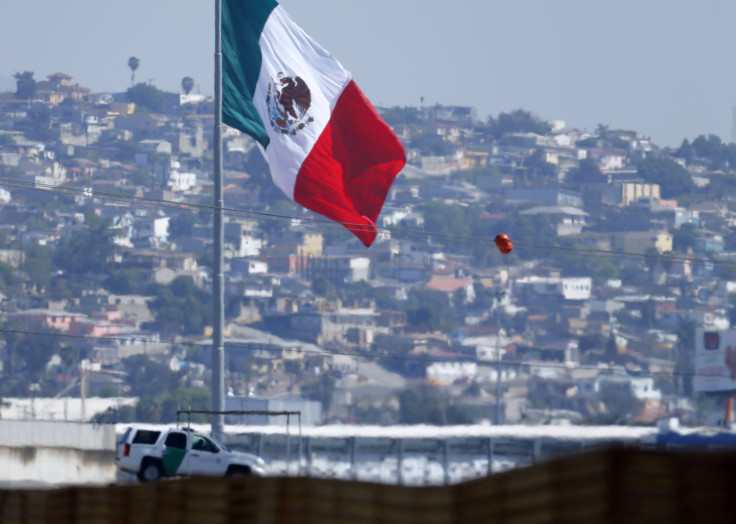Immigration Reform 2016: US, Mexico To Pursue Asylum Changes To Combat Central American Border Crisis

Facing an ongoing refugee crisis showing up at their doorsteps, the United States and Mexico both agreed last week to improve asylum access to the thousands of Central Americans fleeing heavy violence in their home countries and consider alternative strategies to detention programs.
The countries agreed to the commitments during a meeting hosted by the United Nations refugee agency aimed at alleviating problems in El Salvador, Guatemala and Honduras. Those three countries have some of the highest rates of violence and murder in the world and have pushed surges of people — at least 109,800 migrants fled Central America in 2015 alone — toward the southern U.S. border and elsewhere in a crisis that has captured the attention of Congress and U.S. President Barack Obama.
The new proposal will set up a monitoring system that will analyze patterns of displacement. Asylum countries like the U.S. agreed to ensure, "timely identification and documentation, in particular at border areas, of persons in need of international protection." The UN is seeking an additional $23.5 million to set up offices in Central America to monitor the situation closer.
"There isn’t enough attention paid to this situation in the Northern Triangle, which has been unfolding over the last couple of years," Volker Türk, the assistant high commissioner for refugees for the UN, told the Guardian.
The meeting came just six months after U.S. Secretary of State John Kerry first announced an expansion of the U.S. Refugee Admissions Program to identify more vulnerable families and people. That program hoped to work on existing frameworks for dealing with the migrant crisis, namely a strategy that extended the ability for children to apply for refugee status without actually leaving their home countries. The plan was announced after an unprecedented surge of migrant children in December 2014 in the United States.
The U.S. administration’s reaction has been criticized widely. Groups like the Immigration Policy Center, which advocates for immigrants, note that U.S. policy has focused on deterrence, pushing children in danger away from safer U.S. borders and back into their violent home countries. At the same time, detention of women and children has skyrocketed.
© Copyright IBTimes 2025. All rights reserved.






















